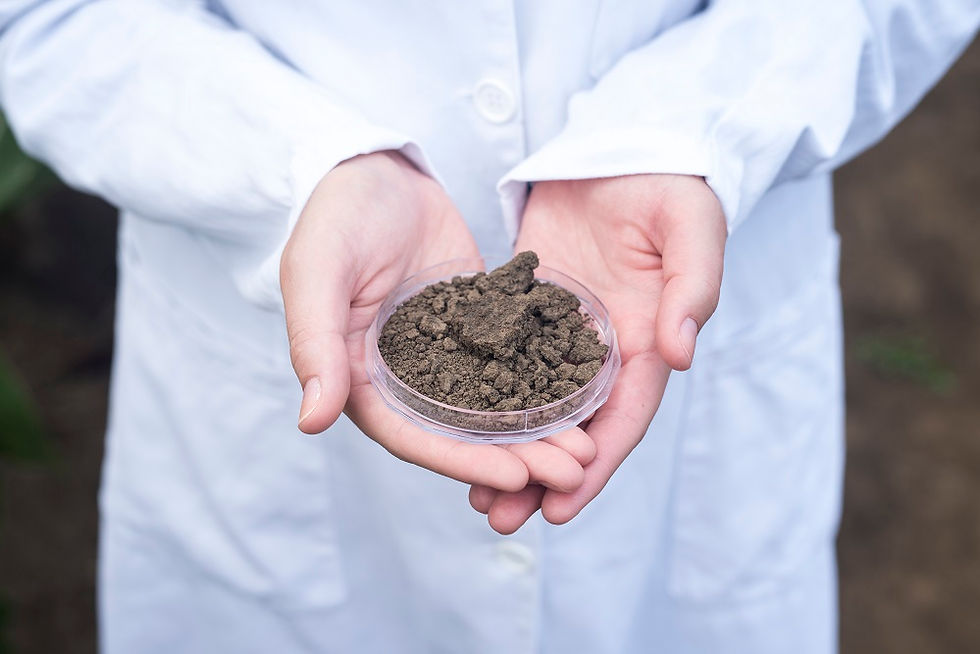<strong>Installing a Return Air Grille Make Your House More Comfortable</strong>
- ameliya lanne
- Oct 10, 2022
- 3 min read
Nothing is better than an HVAC system that is working properly. It maintains a suitable temperature in your house or place of business. While most homeowners are familiar with how to use their HVAC system, relatively few are genuinely knowledgeable about how it functions. The return air grille for your air conditioner is a crucial part of the HVAC system.
It has several functions for the system as a whole and, if neglected, can lead to numerous issues. In addition to eliminating trash and helping to maintain the air pressure in your building, a return air grille can help you save money on the costs of maintaining your building's energy consumption and expenditures. The importance of returning air grilles to your HVAC system as a whole is covered in this article.
Supply and Return Air Grilles: A Comparison
There are two different sorts of grilles on your walls if your house has central heating and cooling.
Air supply grilles
Each room receives airflow from these grilles. The conditioned air leaves your furnace or air conditioner through the supply grilles after passing through the ductwork. These grilles are easy to identify because they are the only ones that let conditioned air out and are therefore the only ones that you can feel coming out.
What precisely do return grilles do?
These grilles pull air from each room and send it back to the HVAC unit. Return grilles are frequently larger than supply grilles, so you won't be able to feel the air entering them. When a heating, ventilation, and air-conditioning system feeds air to space, the air pressure there increases. There are return grilles to remove the stale air that's been accumulated.
The Principal Advantages of A Return-Air Grille
Keep air pressure constant
In essence, an HVAC system is a re-circulating pump that circulates heated or cooled air inside a house. As conditioned air is pumped in, the home's current air needs somewhere to go. For this purpose, return air grille assist in drawing air in and reintroducing it to the system. This is what maintains healthy air pressure in a house.
Uphold Air Quality
Buildings are prone to accumulating allergens like dust (such as pollen and pet dander). If you have a clean air filter, when your air conditioner absorbs air, it will also capture extra dirt to maintain the best possible air quality in your home. The air passing through your system will be cleaner the cleaner your air filters are.
Reduces Energy Bill Costs
Only if your ducts are correctly installed and leak-free will this be the case. For this reason, you should only entrust installation to HVAC specialists like Fritts Heating & Air and periodically do a home energy audit.
The Value of Appropriate AC Return Grilles
The HVAC system as a whole cease operating efficiently when air return grilles are clogged or not functioning properly. Grilles that are blocked might restrict airflow and make the system operate less effectively. Additionally, poorly positioned grilles can impact the regulation of temperature by the structure. In addition to making your house less pleasant, this problem will probably result in higher monthly energy bills.
How Does a Blocked Return Air Grille Affect Things?
Remember that blocking grilles is never the answer whether you're trying to cool the rest of the house more quickly by blocking grilles in vacant rooms or just closing them because you think the room is too cold. When grilles in a system are shut, the air pressure inside the system is changed. There is no sensor in your HVAC system that can inform it when the grilles are closed. It will therefore continue to send the same volume of air in that direction.
So, air from your home is appropriately circulated to your handler grilles through your ceiling joists by return air grilles. Your furnace or air handler grilles should ideally be above the transferred air. You want this air to then pass through your walls and into your furnace. The fact that this metal sheathing has tabs you can unfold to use as a guide while building an air duct is a practical feature.











Comments